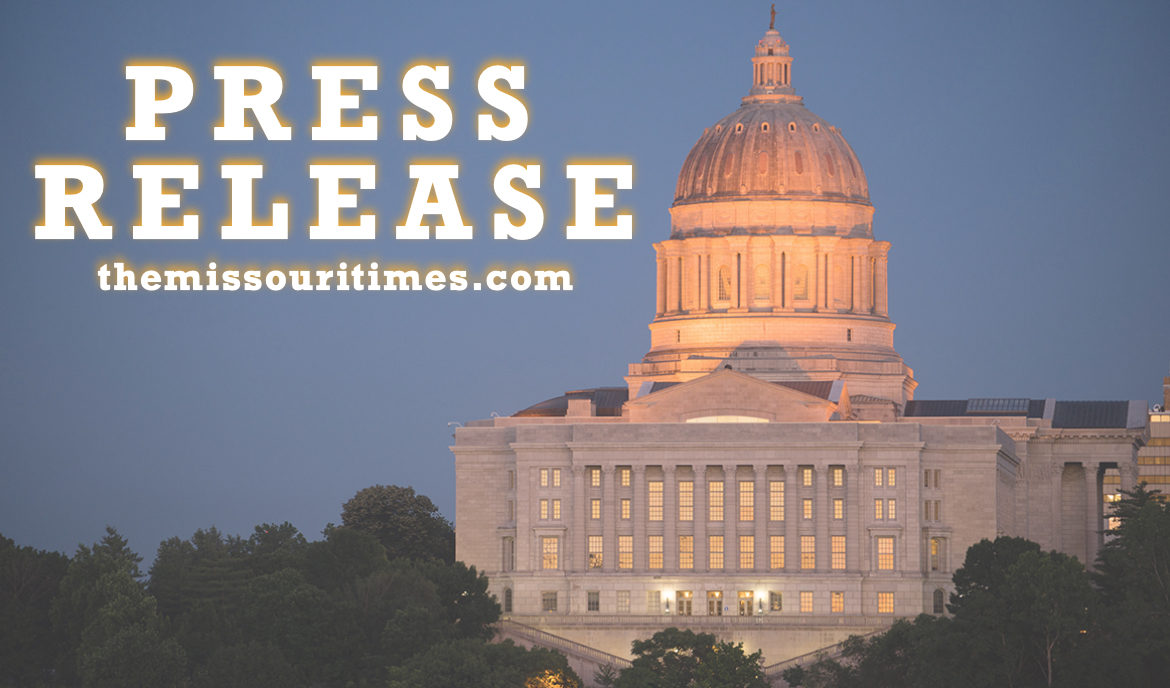Court decision says method used in some instances to set rates above those approved by voters is unconstitutional; under Missouri law, Auditor reviews local property tax rates to determine compliance with state law
JEFFERSON CITY, Mo. — The State Auditor’s Office is notifying more than 2,800 local taxing authorities in Missouri that they no longer have the option to calculate local tax rates using a subsection of state law a recent court ruling found to be unconstitutional. The taxing authorities include local government entities such as counties, municipalities and school and fire protection districts.
In Blankenship v. Franklin County Collector, the Missouri Court of Appeals, Eastern District ruled that Section 137.073.5(2) is unconstitutional in allowing the rate to be raised above voter-approved rates. Approximately 600 of the 2,800 political subdivisions relied on the law to calculate a local tax rate above the rate approved by voters.
The State Auditor’s Office has sent an additional notice specifically to those 599 taxing authorities to inform them that, in light of the Blankenship decision, changes to their tax rates are needed. The State Auditor’s Office filed emergency rules after the court ruling to remove the adjustment section of the law from property tax calculation forms.
Local government entities are solely responsible for setting their tax rates. The State Auditor’s Office provides the required forms for local governments to enter their property tax rate information and then reviews the rates they set to determine whether the rates are compliant with state law to ensure revenue neutrality. The State Auditor’s Office does not make recommendations on property tax rates or increases nor does it set tax rates.
In 2020, staff reviewed 4,840 property tax rates of 2,802 taxing authorities. This was the sixth year in a row that no taxing authorities levied a tax rate that exceeded the tax rate certified since the State Auditor’s Office began reviewing property tax rates in 1985. The complete 2020 Property Tax Rates Report is available here.








